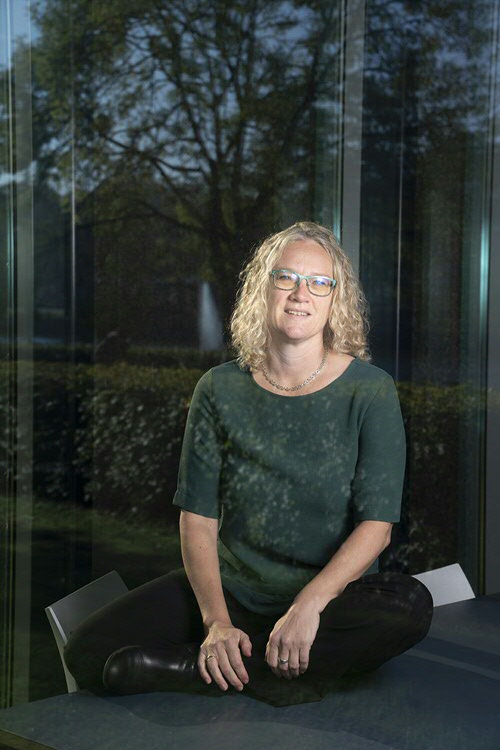Inaugural lecture Rian Drogendijk: Varifocal attention required: multinationals and international sustainability strategies

Multinational firms are confronted with extensive differences with regard to values, norms and preferences of people in all the countries where they have business activities. In education and research in the International Business domain, we study how such differences between countries influence strategic choices of multinationals, for examples where they invest and how, but also how these firms are organized and managed. The diversity in the environment influences internal processes in the firm: it is for example difficult for headquarters to oversee what happens everywhere in the firm and its complex international environment. In addition, the diversity of norms, values and opinions also exists within the organization itself, so it can be difficult to get everyone on the same page with regard to strategic goals. This becomes particularly trying when these goals are not valued equally in all places. Think for example about an important challenge for businesses today: developing and implementing a sustainability strategy.
Multinationals and sustainability
The importance of sustainable business is greater than ever. Firms experience an increasing pressure, from both internal and external stakeholders, to address this. Most firms are therefore developing such sustainability strategies; strategies that are not only directed at ‘profit’, but also at ‘people’ and ‘planet’. Multinationals are particular players in this regard, because they have a large reach and equally large responsibility. For this reason, quite a number of studies have already been done on multinationals and their sustainability strategies. At the same time, plenty of questions remain concerning the specific challenges for integration and implementation of these strategies with goals for people, planet and profit throughout the multinational organization with activities in (many) different and diverse countries. Even if the CEO and top management would like to drive a sustainability agenda, it appears difficult to convince the whole organization for these diverse, sometimes conflicting, goals. An example of this struggle is the attempt of Paul Polman to advance a sustainability strategy in Unilever, as described in the national and international press. Also, in other multinationals there seems to be an “impermeable” layer of managers below the top that is difficult to move in a sustainability direction, especially when the international differences are large and the sustainability goals more diverse and complex.
Varifocal attention required
For implementing a sustainability strategy, it seems necessary to introduce a sort of varifocal attention; attention for more and potentially conflicting strategic goals. Varifocal attention requires that the whole organization develops structural attention for goals related to sustainability (people and planet) next to more traditional goals (profit).
More research is needed to understand how multinationals develop such varifocal attention and how cultural and institutional diversity plays a role. Additionally, which solutions in the organization structure could help with the integration of sustainability strategies in multinationals? Finally, how do multinationals collaborate with partners, particularly NGOs, to integrate their sustainability goals in their activities abroad? In her research, Professor of International Business Rian Drogendijk focuses on these and other questions with regard to the specific challenges for multinationals to develop and implement varifocal strategic attention. To answer these questions more research is needed in the coming years. In her inaugural lecture, Drogendijk will shed some light on the topic.
More Information:
Rian Drogendijk’s inaugural lecture will take place on Friday the 14th of October, 14:15 - 15:00, in the aula of the Academy Building.
Registration no later than 7 oktober via the registration form.
Livestream on 14 October, see: www.rug.nl/digitale-oratie.
Questions? Please contact Rian Drogendijk.
More news
-
09 December 2025
Are robots the solution?
-
10 November 2025
Decentralization of youth care
